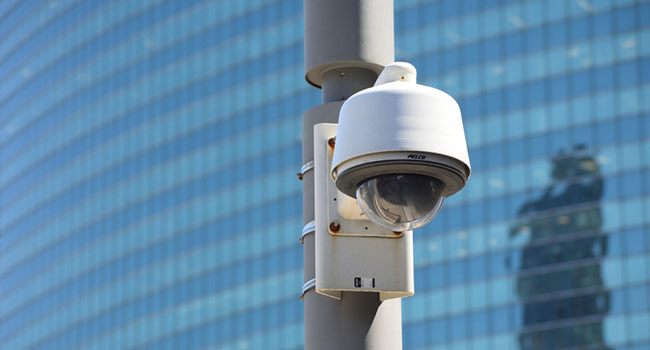
Second Massachusetts Town Bans Government Use of Facial Recognition
The vote marks the fourth town that has banned facial recognition this year, following Somerville, Mass. and San Francisco and Oakland in California.
- By Haley Samsel
- Dec 16, 2019
Brookline, a Massachusetts town of about 60,000 people, voted on Wednesday to ban government use of facial recognition technology, becoming the second town in the state to do so.
There were 179 votes in favor of the ban at a town meeting, with only eight people voting against the proposal and 12 abstaining, according to WGBH. In June, the town of Somerville passed a similar ban, becoming the first city on the East Coast to do so. San Francisco and Oakland have done the same in just the past year.
One reason for the rise of the anti-facial recognition push in Massachusetts is a campaign from the American Civil Liberties Union of Massachusetts, which is currently advocating a statewide moratorium on the government’s use of the software. A bill is currently before the Joint Judiciary Committee in the legislature, according to WGBH.
“Communities are saying we should be in control, we should be dictating how, if at all, these dangerous technologies will be used by our town and city governments,” said Kade Crockford, the director of the Technology for Liberty program at the ACLU of Massachusetts. “We hope that the legislature will listen and will take action to protect all of us throughout the Bay State.”
Security companies, along with law enforcement groups and tech corporations, have previously defended facial recognition as a useful tool for police to quickly track down suspects. In a letter to members of Congress in September, the Security Industry Association teamed up with law enforcement organizations to urge members to regulate facial recognition instead of banning it outright.
“While we agree that it is important to have effective oversight and accountability of these tools to uphold and protect civil liberties, we disagree that a ban is the best option to move forward,” the letter read. “Bans would keep this important tool out of the hands of law enforcement officers, making it harder for them to do their jobs efficiently, stay safe, and protect our communities.”
Civil liberties groups and privacy advocates like the ACLU say that the technology could have massive implications for privacy rights and should be stopped while legislators consider regulation.
“We are losing control of our personal information because our technology has outpaced our civil rights protections in the law,” Crockford said. “We hope that the state legislature on Beacon Hill will take note of all of this energy in communities across Massachusetts.”
About the Author
Haley Samsel is an Associate Content Editor for the Infrastructure Solutions Group at 1105 Media.